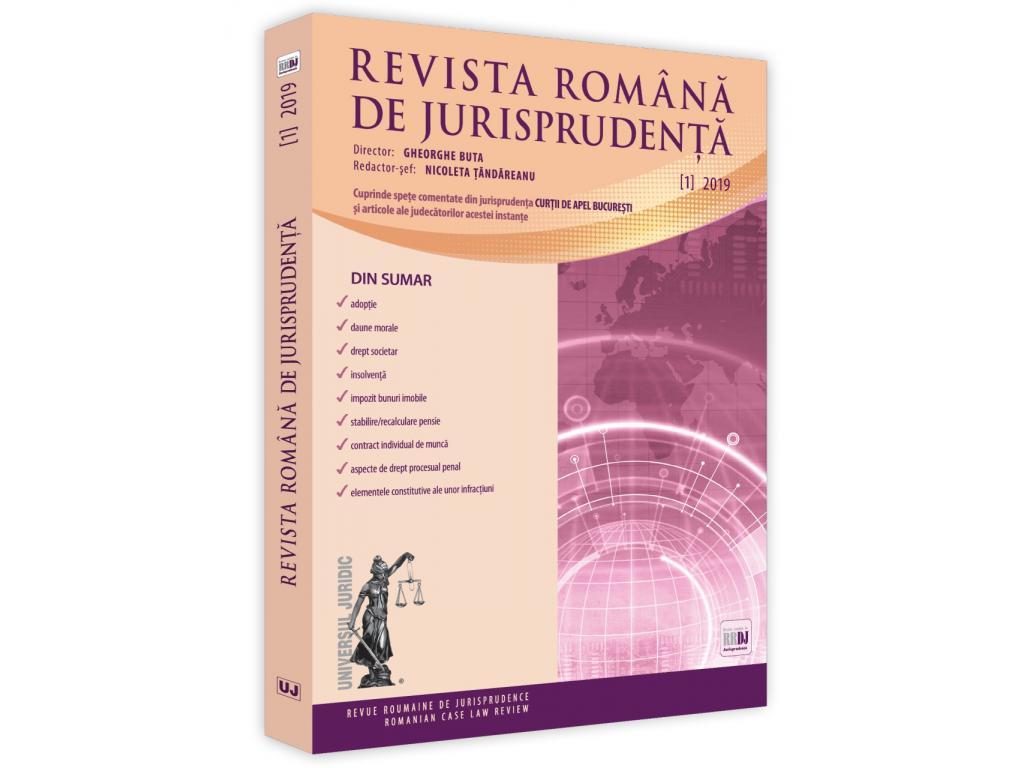Damages. Legal interest
DREPTUL MUNCII ŞI DREPTUL SECURITĂȚII SOCIALE
Abstract
According to art. 166 paragraph (4) of the Labour Code, “the undue delay in the payment of salary or its non-payment may determine the obligation of the employer to pay damages for the remedy of the prejudice caused to the employee”. Considering that the labour laws do not contain any special provisions in this matter, according to art. 278 paragraph (1) of the Labour Code, the provisions of the civil laws shall be applicable regarding the remedy of the prejudice suffered by the creditor due to the non-performance or delayed performance of the contractual obligation. It is true that art. 1.531 of the Civil Code enshrines the principle of full payment of the prejudice suffered by the creditor, however, art. 1.537 establishes that “the proof of non-performance of the obligation shall not exempt the creditor from the evidence of prejudice, except as otherwise provided for by law or by the parties’ agreement”. Therefore, in relation to the provisions of art. 1.535 of the Civil Code, only for granting legal interest related to wages unpaid by the employer upon the contractually established deadline, from the due date until the payment date, it is not necessary for the employee to prove any prejudice. If the employee whose wages were not paid on time claims, however, to be granted other damages as well, except the legal interest related to the amounts, he or she must prove the prejudice from all points of view, respectively from the point of view of its existence and extent, as damages only include the direct and necessary consequence of the non-performance of the obligation.








